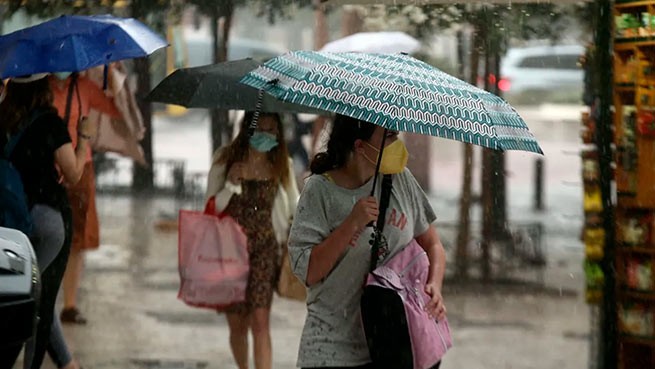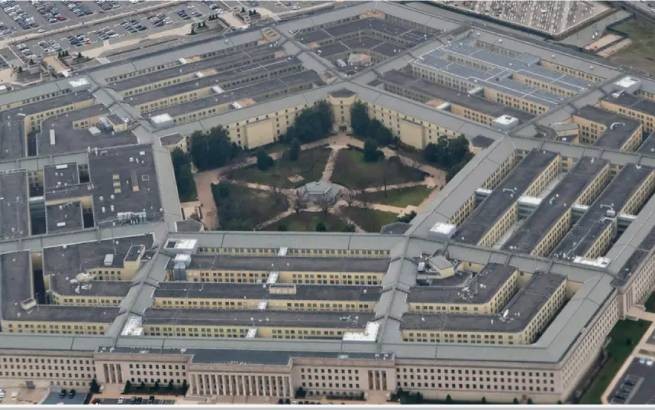The Pentagon is inclined to take money to help Ukraine from its reserves, which amount to approximately four billion.
Discussions about their use are becoming relevant against the backdrop of the “stuck” bill on financing Ukraine. And if at first the Pentagon planned to spend the reserve on the condition that it would be compensated by the funding package for Ukraine adopted by Congress, now the department has begun to discuss sending assistance even without guarantees of return of the money spent. writes D.W.
As CNN reported, citing several Pentagon officials, talk of this possibility and several other backup aid plans has become increasingly urgent in recent weeks, given that the Ukraine funding bill is stuck in Congress and the situation of Ukrainian troops becomes more complicated.
One of the interlocutors said the new aid package, if approved, would include “critical munitions.” The department is also discussing how and where to place military aid so that it can be sent to Ukraine as quickly as possible.
The US Congress is discussing a bill to provide financial assistance to Ukraine from October 2023. In mid-February, the Senate approved an initiative to allocate more than $95 billion in aid to Ukraine, Israel and Taiwan. Now the document must be approved by the House of Representatives, but its Speaker Mike Johnson said that it will most likely reject it. The reason is that the current version of the document does not include expenses for tightening border controls on the southern border of the United States, which the Republican Party dominant in the lower house insists on.
Earlier, the Speaker of the US House of Representatives, Republican Mike Johnson, said that a bill on additional funding for Ukraine would be considered as soon as the issue of funding the federal government was resolved. Yesterday, February 29, the US House of Representatives approved short-term financing bill, which will prevent a shutdown – suspension of the work of federal government agencies – until the end of the week. For the bill to enter into force, it must still be approved by senators before March 1, and also signed by US President Joe Biden.
The document provides that funding for six budget bills that have not yet been adopted – in particular, trade and energy – is automatically extended until March 8. For the remaining six – including the Pentagon and the Department of Homeland Security – temporary funding will last until March 22.
Earlier in the day, the House adjourned for a week.







More Stories
Paris: wild clashes between police and "black" block
Modern Germans are far from the most hardworking in Europe
Georgia: Opposition leaders were brutally beaten by security forces (video)